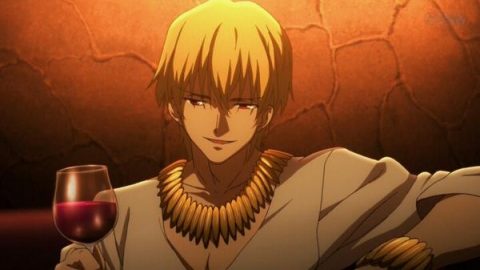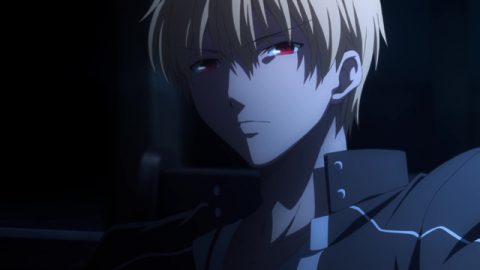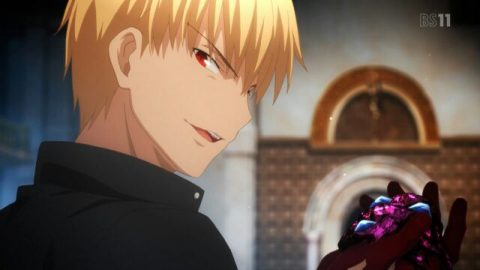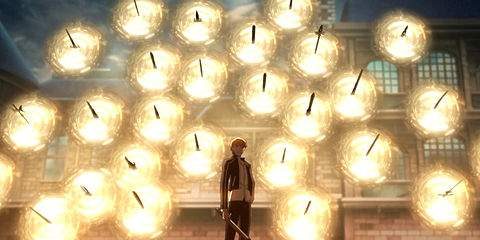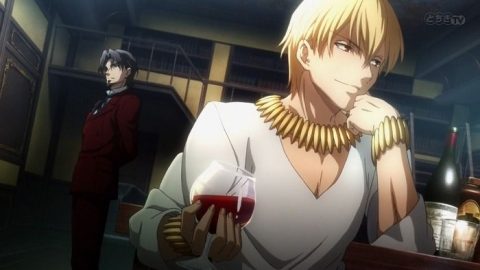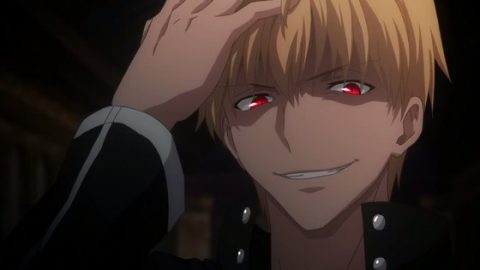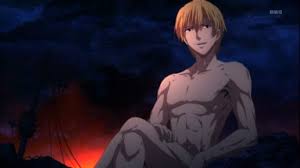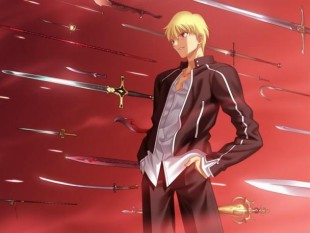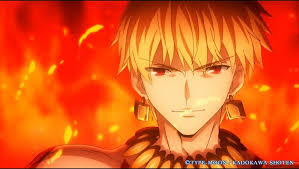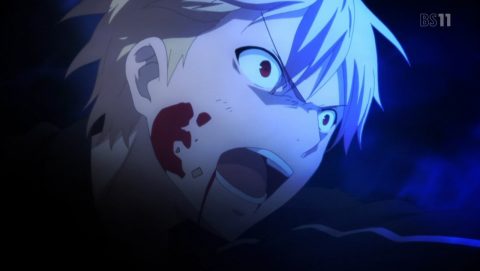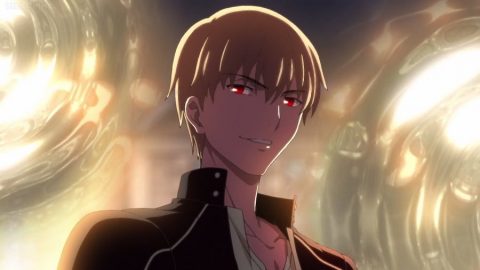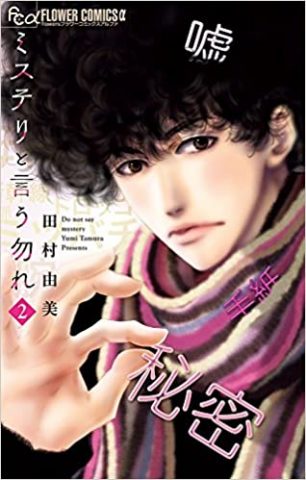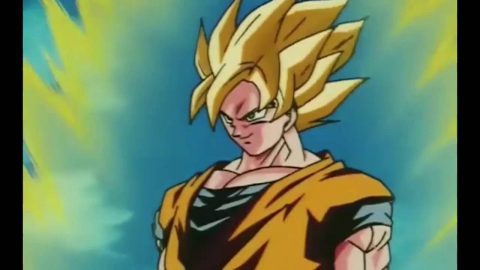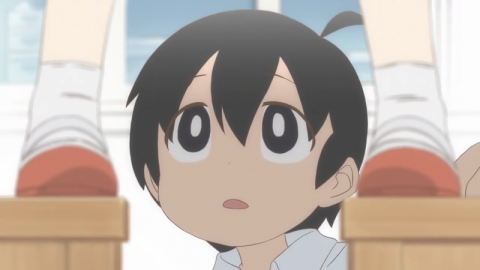Gilgamesh appears as the final boss in "Fate/stay night." Known as "mankind's oldest king," this article introduces what kind of character Gilgamesh is and how he behaves in each story. We'll also touch on the Noble Phantasm he uses and his appearance in "Fate/Zero," which depicts a story from 10 years prior, so be sure to check it out.
What is the appeal of Gilgamesh, mankind's oldest hero king?
Gilgamesh is a character who stands in the way of the final battle in the "Fate/stay night" story, tormenting Shirou Emiya and Saber with his overwhelming power. Gilgamesh is a Servant who has existed since "Fate/Zero," but why is he able to participate in the Fifth Holy Grail War even after the Fourth Holy Grail War has ended? This time, we'll not only introduce Gilgamesh, but also touch on his charms, personality, and what kind of character he is, so be sure to read until the end.
"Fate/stay night"'s Eighth Servant: Gilgamesh
Gilgamesh appears as the final boss in the story of "Fate/stay night." In the Holy Grail War, seven Servants are originally summoned - Saber, Archer, Lancer, Rider, Caster, Berserker, and Assassin - but Gilgamesh is treated as an eighth Servant who falls outside of these categories. Early in the story, he is tentatively called the "Golden Servant," but his true identity is revealed as the story progresses from the middle to the end, and he ultimately stands in the way of Emiya Shirou and Saber.
Gilgamesh's arrogant behavior makes him the king of kings.
Gilgamesh is mentioned in the ancient Mesopotamian Epic of Gilgamesh and is considered "the oldest king in human history." He is a half-god, half-human hero who is said to have existed, not just as a legend. While calling himself "King," he has stated that everything in this world is his property, and his behavior can only be described as arrogant. As if to back up his self-assured words and actions, he possesses such high combat power that even if a group of Servants challenged him to battle, they would be overwhelmed. Furthermore, Gilgamesh's nickname "King of Heroes" does not mean the King of Heroes, but rather the "King of Heroes," and his Noble Phantasm, "Gate of Babylon," contains both the holy swords that saved the lives of heroes and the demonic swords that took their lives.
Gilgamesh's Noble Phantasm is the ultimate being, containing the origin of all other Noble Phantasms.
Gilgamesh's Noble Phantasm revolves around the "Gate of Babylon," which stores the origins of all Noble Phantasms in his own vault and allows him to freely access and use them. While his skills and stats as a warrior are far inferior to those of Saber or Lancer, he is recognized as the strongest being, as the "Gate of Babylon (King's Treasure)" contains a Noble Phantasm for use against Heroic Spirits. Furthermore, Gilgamesh's trump card is "Enuma Elish (Star of Creation that Separates Heaven and Earth)", which is fired from his "Sword of Separation, Ea", and its power is strong enough to cut through space. In his battle with Saber, it is canceled out when it collides with her "Sword of Promised Victory (Excalibur)", but the overwhelming blow is enough to end the battle in an instant.
Gilgamesh appears as Tokiomi Tohsaka's servant in the Fourth Holy Grail War.
During the Fourth Holy Grail War depicted in "Fate/Zero," Gilgamesh is summoned as Tokiomi Tohsaka's Servant, but his inherently noble, kingly nature reverses the master-servant relationship. Furthermore, he is dissatisfied with Tokiomi Tohsaka's decisions. He becomes interested in Tokiomi Tohsaka's apprentice, Kirei Kotomine, and after killing Tokiomi Tohsaka, he forms an alliance with Kirei Kotomine. Gilgamesh shows no interest in other Servants, nor in the Holy Grail, but he joins the Holy Grail War with the goal of eliminating anyone who tries to get their hands on the treasures he possesses (including the Holy Grail). During this time, Gilgamesh engaged in a dialogue with the King of Conquerors, Iskandar, and showed interest in his royal ways, recognizing him as an opponent worthy of a full-fledged battle. He then crushed the "King's Army (Aion Hetairoi)" with the "Star of Creation that Separates Heaven and Earth (Enuma Elish)."
Gilgamesh swallows the Holy Grail's curse and remains in the mortal world.
Gilgamesh duels Saber at the Holy Grail's descent site, demonstrating his overwhelming power. However, a surprise attack results in him being splashed with the contents of the Holy Grail. Normally, one would be consumed by the curse of the Holy Grail and lose their sense of self, but Gilgamesh possesses overwhelming spiritual strength, and rather than being consumed, they end up drinking it all up. This allows Gilgamesh to obtain a body that allows him to remain in the mortal world, and he subsequently begins to work alongside Kotomine Kirei, with whom he has formed a cooperative relationship. He remains in the mortal world for a full 10 years until the Fifth Holy Grail War, and reappears in the middle to late stages of the story of "Fate/stay night."
Gilgamesh's Position in Each Route
Gilgamesh has spent over ten years in the mortal world since the Fourth Holy Grail War, but his position in each story of "Fate/stay night" is different. How did Gilgamesh act and fight in each episode, and how did the battle ultimately end? We'll introduce Gilgamesh's role in each route, so if you're interested in the story, be sure to check it out.
In the Saber route...
In the Saber route of "Fate/stay night," Gilgamesh suddenly appears as the eighth Servant and defeats Caster. Emiya Shirou attempts to find out about the invitation to the eighth Servant from Kotomine Kirei, who oversees the Holy Grail War, but is told that the two are working together, and the battle moves towards its final stage. Before the final battle, Saber receives Excalibur's sheath, "Avalon," from Emiya Shirou, and is able to block Gilgamesh's attack, "Enuma Elish, the Star of Creation that Separates Heaven and Earth." Emiya Shirou also succeeds in defeating Kotomine Kirei with a copy of "Avalon," and successfully rescues Illyasviel, the vessel of the Holy Grail, bringing the war to a close.
In the Rin route...
In "Fate/stay night [Unlimited Blade Works]," which depicts the Rin route, Shirou Emiya and Archer fight, putting their ideals and beliefs on the line. Just as Shirou Emiya is victorious, Gilgamesh appears and defeats Archer. Later, Gilgamesh implants the heart of Illyasviel, the vessel of the Holy Grail, into Matou Shinji, pushing the incomplete Holy Grail to its limits and summoning the Avenger, where he finds himself facing off against Emiya Shirou. Gilgamesh is overwhelmed with the "Gate of Babylon," but the situation turns when Emiya Shirou deploys "Unlimited Blade Works." Emiya Shirou ultimately defeats Gilgamesh, but on the brink of defeat, Gilgamesh acknowledges his strength and his own defeat.
In the Sakura Route...
In "Fate/stay night [Heaven's Feel]," which depicts the Sakura Route, Gilgamesh disappears without ever fighting Shirou Emiya or Saber. During the Fourth Holy Grail War, Gilgamesh drank up all the evil in the world (Anrimayu) created by the Holy Grail, but was quickly swallowed up by the shadow created by Matou Sakura. When swallowed by a shadow, one normally turns black like Saber. However, Gilgamesh's mental fortitude remains unchanged, and even after being swallowed by Matou Sakura's shadow, he still attempted to swallow the shadow in return, a scene that clearly demonstrates the strength of his soul.
The charm of Gilgamesh's overwhelming strength is endless!
Gilgamesh, who appears as the final boss in "Fate/stay night," has a significantly different ending depending on the route you take. Although his story in Heaven's Feel comes to an abrupt end, he still behaves nobly as "the oldest king of mankind" in other routes, and his attitude hasn't changed since Fate/Zero. In particular, in Unlimited Blade Works, he praises the purity of the two homunculus guarding Illyasviel, and even praises Berserker, saying that he "overcame his own myth in the end." His royal qualities, aesthetics, and compassion are scattered throughout, so if you pay attention to his scenes, you'll undoubtedly be drawn to his philosophy.

